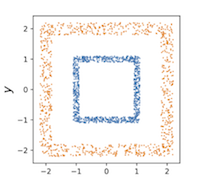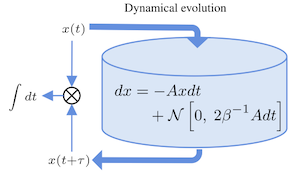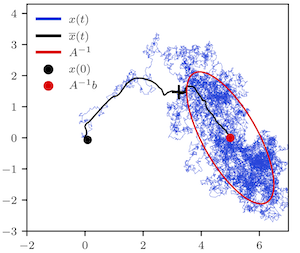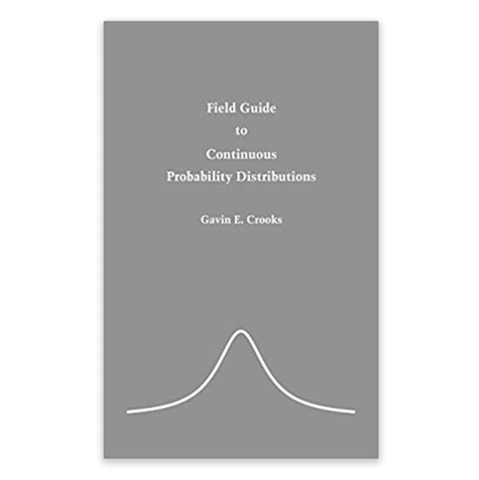Preprint: Quantum Kitchen Sinks: An algorithm for machine learning on near-term quantum computers
C. M. Wilson, J. S. Otterbach, N. Tezak, Robert S. Smith, Gavin E. Crooks, and Marcus P. da Silva, arXiv:1806.08321 (2018)
[ Full text]
Abstract
 Noisy intermediate-scale quantum computing devices are an exciting platform for the exploration of the power of near-term quantum applications. Performing nontrivial tasks in such a framework requires a fundamentally different approach than what would be used on an error-corrected quantum computer. One such approach is to use hybrid algorithms, where problems are reduced to a parameterized quantum circuit that is often optimized in a classical feedback loop. Here we described one such hybrid algorithm for machine learning tasks by building upon the classical algorithm known as random kitchen sinks.
Our technique, called quantum kitchen sinks, uses quantum circuits to nonlinearly transform classical inputs into features that can then be used in a number of machine learning algorithms. We demonstrate the power and flexibility of this proposal by using it to solve binary classification problems for synthetic datasets as well as handwritten digits from the MNIST database. We can show, in particular, that small quantum circuits provide significant performance lift over standard linear classical algorithms, reducing classification error rates from 50% to < 0.1%, and from 4.1% to 1.4% in these two examples, respectively.
Noisy intermediate-scale quantum computing devices are an exciting platform for the exploration of the power of near-term quantum applications. Performing nontrivial tasks in such a framework requires a fundamentally different approach than what would be used on an error-corrected quantum computer. One such approach is to use hybrid algorithms, where problems are reduced to a parameterized quantum circuit that is often optimized in a classical feedback loop. Here we described one such hybrid algorithm for machine learning tasks by building upon the classical algorithm known as random kitchen sinks.
Our technique, called quantum kitchen sinks, uses quantum circuits to nonlinearly transform classical inputs into features that can then be used in a number of machine learning algorithms. We demonstrate the power and flexibility of this proposal by using it to solve binary classification problems for synthetic datasets as well as handwritten digits from the MNIST database. We can show, in particular, that small quantum circuits provide significant performance lift over standard linear classical algorithms, reducing classification error rates from 50% to < 0.1%, and from 4.1% to 1.4% in these two examples, respectively.




